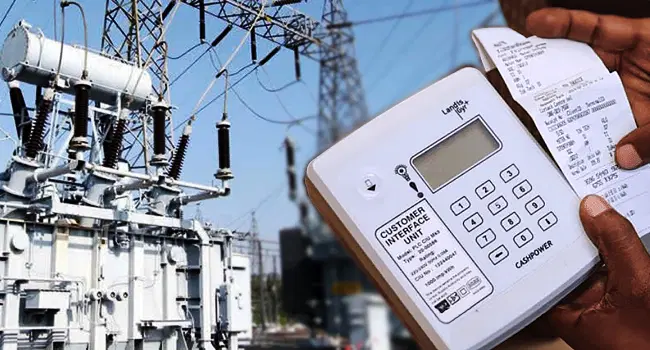
Leaders of the Nigeria Labour Congress (NLC) and the Trade Union Congress (TUC) have issued a damning critique of Nigeria’s energy sector, attributing its prolonged dysfunction to greed, incompetence, and systemic betrayal by those in power.
In a joint May Day statement, NLC President Joe Ajaero and TUC President Festus Osifo expressed deep frustration over the country’s persistent energy crisis, despite being richly endowed with crude oil, natural gas, and solar potential. They questioned why Nigeria, with such vast resources, continues to struggle with energy poverty while nations with fewer endowments thrive.
“We work in these sectors—we know what works, and where the skeletons are buried,” the labour leaders declared. “If government truly intends to revive the energy sector, it must engage critical stakeholders who understand its dynamics.”
The unions decried the paradox of a nation that exports crude oil but cannot refine enough for local consumption. “It defies logic,” they said, referring to reports that Dangote Refinery imports crude while exporting refined products, yet Nigeria continues to import petrol.
They described the nation’s energy sector as a classic case of “corporate exploitation and governmental negligence,” which has left millions of Nigerians in darkness and hampered industrial growth. They criticized Nigeria’s current electricity output—barely 5,528 megawatts—as grossly inadequate for a population exceeding 200 million, especially when compared to South Africa’s 43,000MW for about 45 million people.
The statement also highlighted the stark irony of high-ranking government officials lamenting soaring energy bills. “If the President is spending N10 billion on solar for the Villa and state officials are overwhelmed by electricity costs, what hope does the average Nigerian have?” they asked.
They further condemned the stalled rehabilitation of government-owned refineries, particularly those in Port Harcourt and Warri, which remain non-functional despite billions of naira invested in repairs.
The NLC and TUC described the downstream sector as riddled with contradictions and “a deliberate economic gang-up,” pointing to the puzzling narrative around “Naira for crude” as an example of policies that lack transparency.
While acknowledging marginal progress in the oil and gas sector, the labour leaders urged the Federal Government to complete all pending refinery projects and resolve issues with the Nigerian National Petroleum Company Limited (NNPCL), Dangote Group, and major marketers to reduce pressure on citizens.
They also demanded stricter enforcement of expatriate quotas in the oil industry, warning that continued manipulation by International Oil Companies (IOCs) would lead to mass protests.
Reiterating their stance against the 2013 power sector privatization, the unions described it as a “daylight robbery” that has failed to deliver on its promises. “A decade later, Nigerians still pay exorbitant tariffs for darkness, and estimated billing remains legalized extortion,” they said.
The labour movement called for immediate government action to reform the energy sector, asserting that no meaningful development can occur without reliable, affordable power for all Nigerians.
Comments